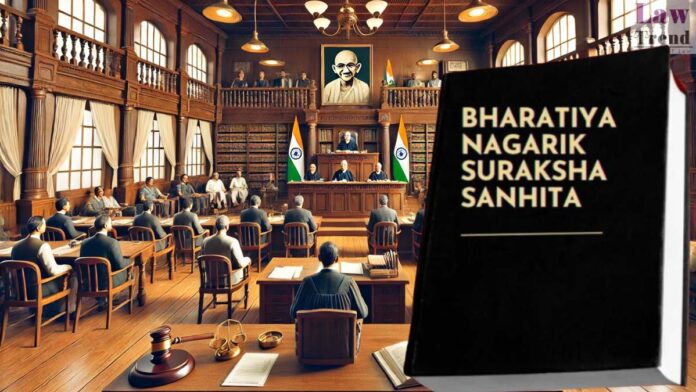On Friday, the Centre declared to the Supreme Court that Section 479 of the Bharatiya Nagarik Suraksha Sanhita-2023 (BNSS), pertaining to the “maximum period for which an undertrial prisoner can be detained,” would be applied retrospectively to undertrials across India. Additional Solicitor General Aishwarya Bhati, representing the Centre, addressed a bench comprising Justices Hima Kohli and Sandeep Mehta, asserting that Section 479 would replace Section 436A of the outdated Code of Criminal Procedure and apply to all undertrials, regardless of whether the crime was registered before the enactment date of July 1, 2024.
The BNSS, along with the Bharatiya Nyaya Sanhita and the Bharatiya Sakshya Adhiniyam, took effect on July 1, supplanting the British-era Code of Criminal Procedure, Indian Penal Code, and Indian Evidence Act. These reforms mark a significant overhaul of India’s criminal justice system.
During the proceedings, the Supreme Court noted the submission and issued directions to jail superintendents nationwide, mandating them to process applications from undertrials who have completed one-third of the maximum detention period outlined in the new legislation. The court emphasized that these steps should be undertaken swiftly, preferably within three months.
Senior advocate Gaurav Agrawal, serving as amicus curiae in the matter, highlighted the importance of implementing Section 479 promptly to alleviate the chronic overcrowding in prisons. The Supreme Court has been proactively addressing this issue since October 2021, when it initiated suo motu cognizance of the overcrowding dilemma, signifying its commitment to reforming penal and judicial systems for more effective justice delivery.




